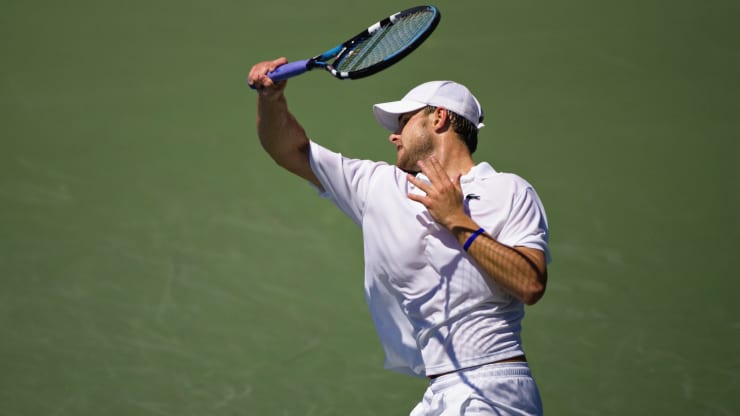
For tennis great Andy Roddick, there’s one important rule that works both on the court and in the world of investing.
“Even if you’re intimidated by words like ‘volatility’ and you think the world’s going mad … be disciplined with what you put away monthly,” the one-time U.S. Open champ told CNBC’s “Fast Money: Halftime Report” Thursday.
“That shouldn’t change regardless of what you think is the best avenue to grow money.”
It was that discipline that propelled Roddick into the world of professional tennis in 2000 at the age of 17. It also led him to start the Andy Roddick Foundation, which works on expanding educational opportunities for kids, when he was 18 years old.
A few years later, just after he turned 21, Roddick won the U.S. Open and briefly held the title of No. 1 ranked player in the world.
While his career was skyrocketing, Roddick made sure he started saving his money and investing wisely.
“The goal was that when I stopped playing, whatever I made on the court would be replaced by whatever I built while I was still playing,” he said.
“I don’t know that a lot of athletes … think that way,” he added. “There’s such an opportunity at a young age to get your money to work for you.”
For Roddick, his big opportunity came during the 2008 financial crisis. When a lot of people were trying to liquidate their holdings, he snapped up some real estate — specifically, bank buildings — and locked down 15- and 20-year leases.
“With real estate, if you wait long enough, you look smarter 10 or 12 years later,” said Roddick, who retired from the game in 2012.
He now has about 70 properties and isn’t buying as aggressively as he once was.
Roddick, who earned $20.6 million in prize money during his tennis career, knows he’s been fortunate. However, he stresses that the same basic principles apply, no matter your salary.
He said hears things like, ”‘I only have so much, so what’s the point of investing?’”
“Start it, because 10, 12 years later, you’re going to be happy you did,” Roddick said.
